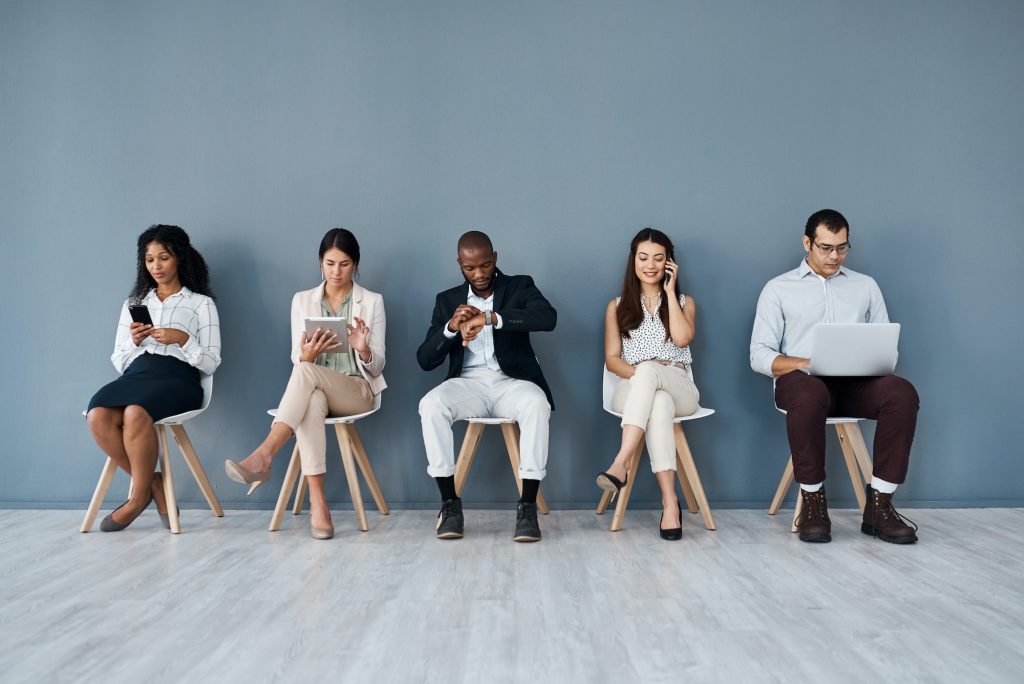
Technology has undoubtedly revolutionized the way we live, work, and communicate. Technological advancements have profoundly impacted traditional protocols, from the invention of the printing press to the development of artificial intelligence. While these advancements have brought numerous benefits, they have also challenged long-standing customs and norms.
One area where technology has significantly impacted traditional protocols is communication. In the past, written letters were the primary means of exchanging information over long distances. However, with the advent of telephones and later email and instant messaging services, communication became faster and more efficient. Traditional letter-writing protocols, such as formal salutations and signatures, gradually gave way to more informal and concise forms of communication.
Similarly, technology has transformed how we conduct business. In the past, face-to-face meetings were essential for negotiations and decision-making processes. However, with video conferencing tools like Zoom or Microsoft Teams becoming increasingly popular, physical presence is no longer a prerequisite for conducting business transactions. This shift in protocol has allowed companies to save time and money by eliminating travel expenses while maintaining effective communication.
Furthermore, technological advancements have disrupted traditional educational practices. The rise of online learning platforms such as Coursera or Khan Academy has challenged the conventional model of attending physical classrooms with fixed schedules. Students can now access educational resources at their own pace from anywhere. This change in protocol has not only made education more accessible but also forced institutions to adapt their teaching methods to cater to a digital audience.
However, it is essential to acknowledge that not all impacts of technological advancements on traditional protocols are positive. One significant concern is privacy and security issues arising from increased connectivity. With social media platforms like Facebook or Instagram becoming integral parts of our lives, personal information is readily available online for anyone to access. This erosion of privacy challenges long-standing protocols regarding personal boundaries and discretion.
Moreover, technology’s rapid evolution often leaves certain groups behind. The digital divide, the gap between those with access to technology and those without, exacerbates existing inequalities. Traditional protocols that rely on physical presence, such as job interviews or government services, can only disadvantage individuals with access to technology. This highlights the need for society to address these disparities and ensure that technological advancements benefit everyone.
Technological advancements have profoundly impacted traditional protocols in various aspects of our lives. While they have brought numerous benefits, such as faster communication and increased accessibility to education, they have also challenged long-standing customs and norms. Society must navigate these changes carefully, ensuring the positive impacts are maximized while addressing any negative consequences, such as privacy concerns or inequality. Only then can we fully harness the potential of technology while preserving the essence of traditional protocols.
